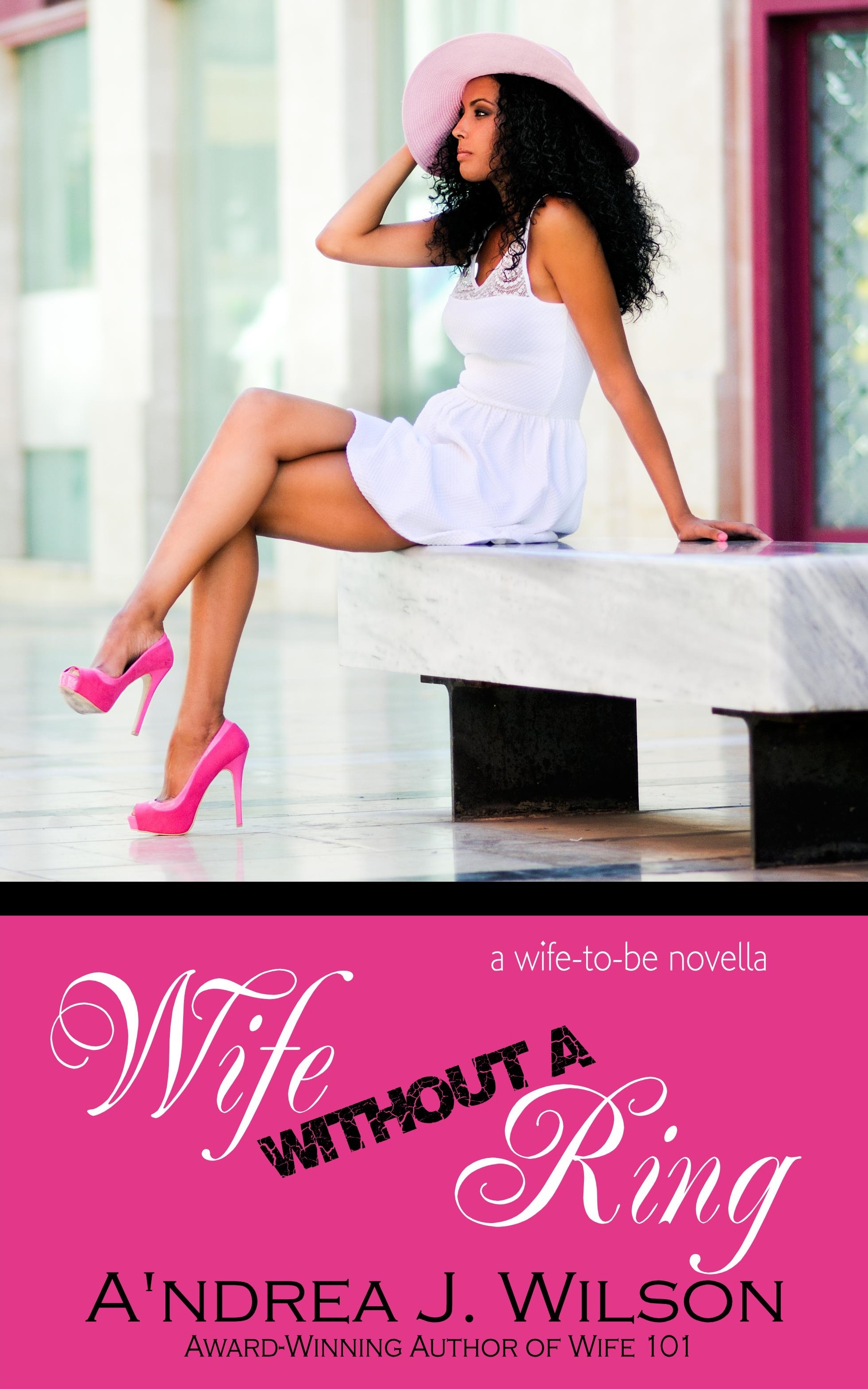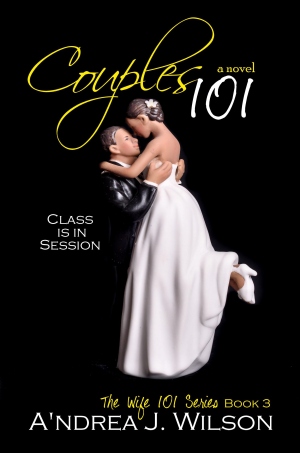If you are an author, late Fall and early Winter is the prime time to begin planning for your next year’s touring schedule. Most well established events are planned 10-12 months (or more) in advance, so if you wish to participate in quality events, now is the best time to plot out your schedule. With so many potential events to sign-up for, how can authors make good decisions on which events are best to attend?
I recently had a conversation with an industry friend of mine about whether or not certain events are “must attend” book events. In most cases, what one person feels is a must attend event, another may disagree. Because experiences at events will vary depending upon what an author needs and wants from an event, the question is not which events are must attend events. Instead, the question (especially for new and emerging authors) is really, how do I discern which events are best for me?
Earlier this year, I participated in an online book marketing conference called Promo Day, presenting on the topic Making the Most Out of Book Events. Based on my experience as an author who attends between 20-30 book events a year, and who has coordinated a national book event, I offered authors several tips on how to select and get the most benefits from offline, book related activities. As I consider marketing plans for next year, I am compelled to go back to those tips, and remind myself of what I should be looking for and what I should avoid as I consider booking myself for venues. So I offer to you in this blog entry, five factors that I weigh heavily before agreeing to participate in book events.
- Location. How far an event is located from me has a big impact on whether or not I attend. I travel a lot, so it is not that I won’t leave my area. However, I understand that the further away the event, the higher the travel costs associated with it, as well as time spent away from home. I encourage all authors to take advantage of events in their own city, state, and region before rushing across the country for one solitary event.
- Cost. Unless I’ve been invited as a featured author with some or all of my expenses paid, I understand that I will have to finance every event I attend with my own money. This means that I have to be extremely selective about how much I am willing to spend on an event in comparison to what I expect to gain from that event. As a rule of thumb, any event outside of my local area (state), I estimate to cost $500-$1000. Expenses to consider are vendor fees, flight/car rental/gas, hotel, food, books, marketing goodies, etc. When looking at the numbers in this manner, it is easier for me to decide against events that are more expensive and that I don’t expect to gain much from. There are some events that I really enjoy, but when playing the numbers game, they are just too expensive. At the end of the day, it is still a business and good business practices side with smart financial decisions.
- Reputation (and/or Professionalism). Before I agree to do any book event, I do my homework. I Google the event. I talk to people who’ve attended in the past. I research their website, Facebook page, and any other online/offline materials to have a good understand of who is behind the event, what the event offers, and what will be expected from me if I were to attend. It is important for me to have a good sense of the event’s reputation. However, if the event is in its 1st or 2nd year, it may not have a reputation yet, and there may be very little information available about it. In these situations, it is my job to take the extra step of contacting the event’s coordinator to find out more information. When an event is not already established, my focus is assessing the professionalism of the coordinator/organization behind the event, how information in being communicated to the public, and whether or not the event coordinator has realistic goals/expectations. The more organized and professional the coordination and planning appears, the more comfortable I’m likely to feel about participating in a newer event.
- Author Perks. Author perks include all of the benefits of me attending an event. This may include being a featured author, having travel or lodging paid/reimbursed, the amount of readers expected to attend, if I will be a speaker or panelist, if book clubs are attending, networking opportunities, if other literary industry professionals such as agents or publishers will be there, etc. Of course, the more perks involved, the more interested I am.
- Event Pitfalls. Although an event may have many perks, these perks can be negated by planning pitfalls. Pitfalls are the things that hurt an author’s ability to properly and successfully market their book at an event. One example of a pitfall would be an event that gives away a lot of books. When readers constantly receive free books at an event, they are not as motivated to buy books. For this reason, I often do not participate events that give away lots of books if my goal at that event is to sell books. Another example of a pitfall is an event with 30 or more authors. When an event has too many authors, readers are overwhelmed and sales can often reflect this emotion. Most readers go to an event with a limited amount of money they can afford to spend. If there are 50 authors, obviously, an individual reader cannot support everyone. Especially if the number of readers are not substantial, being at an event with a lot of authors, the environment can feel overly aggressive as authors struggle to gain the attention of customers. As I consider what perks an event offers, I also compare them against the pitfalls of the event. Winning events limit their pitfalls and maximize their perks.
Of course, there are other factors that could be considered, but these are a few of the ones that I use first and most often. Do you agree or disagree with my top five? Are there any other factors that you’ve found to be important when selecting book events?





Leave a comment